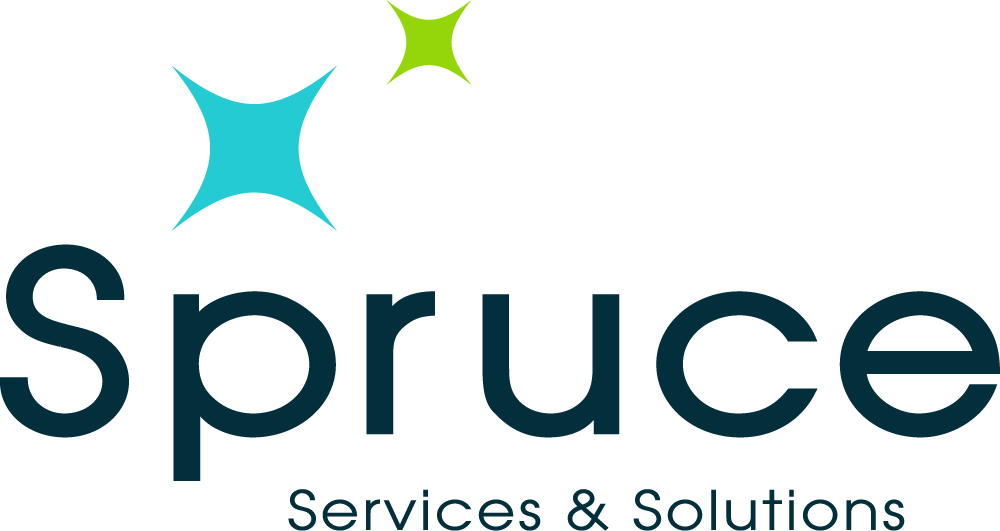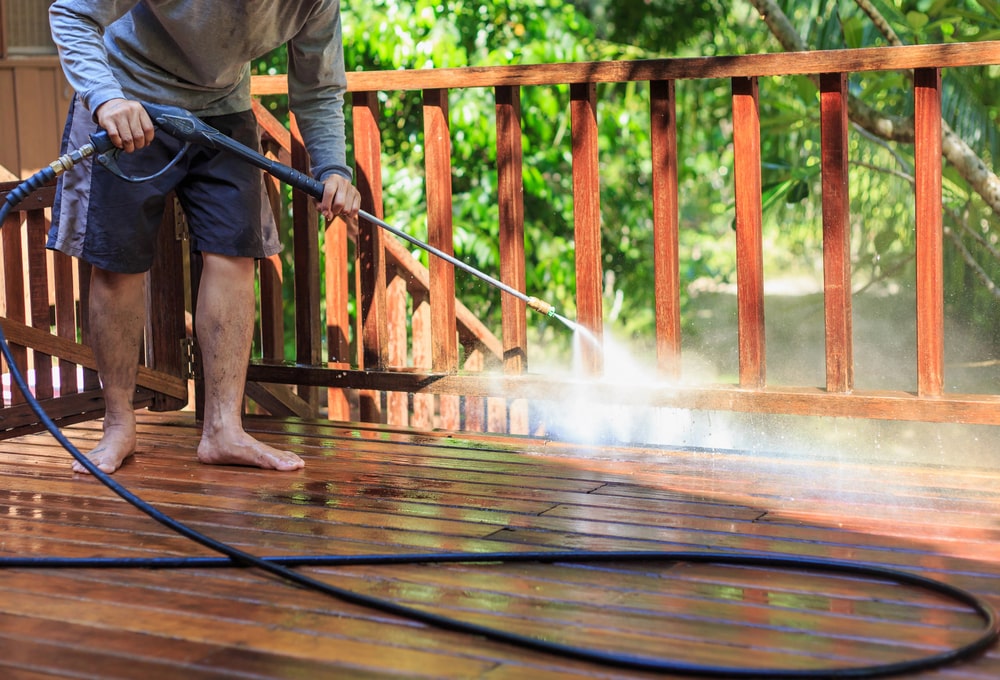Here’s an overview:
- Introduction to DIY Pressure Washing vs. Professional Services
- The Basics of Pressure Washing: Understanding the Process
- Assessing the Scope: When to Consider DIY Pressure Washing
- Safety First: Essential Precautions for DIY Pressure Washing
- Equipment Overview: What You Need for DIY Pressure Washing
- The Pros of DIY Pressure Washing: Autonomy and Cost
- The Cons of DIY Pressure Washing: Time and Potential Risks
- Evaluating Professional Pressure Washing Services
- The Advantages of Hiring a Professional Pressure Washing Team
- Understanding the Costs: Pricing Out Professional Services
- Environmental Considerations: DIY vs. Professional Eco-Friendliness
- Professional Expertise: Benefits of Specialized Equipment and Techniques
- Decision Time: How to Make the Best Choice for Your Pressure Washing Needs
- Conclusion: Balancing Cost, Convenience, and Quality in Pressure Washing
Introduction to DIY Pressure Washing vs. Professional Services
When it comes to maintaining a clean and inviting exterior, homeowners often contemplate whether to undertake pressure washing as a DIY project or to hire professional services. DIY pressure washing can be cost-effective and offers immediate satisfaction, while professionals bring expertise and high-grade equipment. Both options have their merits and challenges. Understanding the intricacies of each can help individuals make an informed decision that ensures the longevity and appearance of their property while considering safety and efficiency.
The Basics of Pressure Washing: Understanding the Process
Pressure washing utilizes high-pressure water spray to remove dirt, grime, mold, and loose paint from surfaces. The process involves:
- Equipment Selection: Choosing the right pressure washer, which varies in power and size.
- Preparation: Clearing the area and protecting delicate surfaces from high-pressure damage.
- Operation: Using the pressure washer according to the type of job – adjusting pressure, changing nozzles for different spray patterns.
- Cleaning Solutions: Applying detergents or cleaners when necessary for extra cleaning power.
- Technique: Moving the spray nozzle in a consistent, methodical pattern to avoid uneven cleaning and damage.
- Safety: Wearing protective gear and adhering to safety instructions to prevent injuries.
Understanding these fundamentals ensures effective and safe pressure washing, whether done DIY or by professionals.
Assessing the Scope: When to Consider DIY Pressure Washing
When deciding whether to undertake DIY pressure washing, homeowners must evaluate various factors. For smaller, manageable tasks such as cleaning outdoor furniture, small patios, or vehicles, the DIY approach can be cost-effective and satisfying. Those possessing basic know-how, a suitable pressure washer, and necessary protective gear might find this route practical. However, the situation changes with larger-scale projects like entire house exteriors or extensive concrete surfaces. In these cases, the time commitment, equipment requirements, technique, and safety risks significantly increase. Here, one must consider if the scale of the task merits professional expertise to ensure a job well done without property damage or personal injury.
Safety First: Essential Precautions for DIY Pressure Washing
When embarking on DIY pressure washing, individuals must prioritize safety to prevent accidents and injury. Here are essential precautions to consider:
- Understand your equipment: Before use, one should thoroughly read the pressure washer’s manual to comprehend its operation and safety features.
- Wear protective gear: Always don protective eyewear, gloves, ear protection, and closed-toe shoes to shield against high-pressure water streams.
- Check the surroundings: Clear the area of tripping hazards and ensure all electrical outlets are covered to mitigate the risk of electric shock.
- Use the correct settings: Select the appropriate pressure and nozzle for the task to avoid damaging surfaces and ensure effective cleaning.
- Stay aware of your footing: Work on a stable surface to prevent slips and falls. Never use a pressure washer while on a ladder without proper safety equipment.
- Keep others at a safe distance: Ensure children, pets, and bystanders are a safe distance away to avoid accidental injury from the powerful jet.
- Never point the nozzle at people or pets: The high-pressure stream can cause serious harm, so it’s imperative to point the nozzle away from living beings.
By strictly adhering to these safety measures, DIY pressure washing can be conducted responsibly and effectively.
Equipment Overview: What You Need for DIY Pressure Washing
To undertake DIY pressure washing effectively, certain equipment is essential:
- Pressure Washer: A critical tool that should have adjustable settings to suit various cleaning needs.
- Nozzles and Tips: A variety of nozzles will allow you to alter the water pressure and spread for different surfaces.
- Protective Gear: Safety glasses, gloves, and ear protection are non-negotiable to safeguard against debris and the high-decibel noise of the washer.
- High-Pressure Hose: A durable hose is necessary to handle the water pressure without leaking or bursting.
- Cleaning Solutions: Specific detergents designed for pressure washers can enhance cleaning results for tough stains.
- Extension Wands: For reaching high places safely without the use of ladders.
- Surface Cleaners: Attachments that help in even and efficient cleaning of large flat areas.
Each piece of equipment plays a part in ensuring the DIY pressure washing process is both effective and safe.
The Pros of DIY Pressure Washing: Autonomy and Cost
Engaging in DIY pressure washing offers significant benefits, particularly in terms of autonomy and cost-efficiency.
Homeowners enjoy complete control over the cleaning project, from choosing the time and pace of the work to selecting specific cleaning solutions tailored to their needs.
The initial investment in purchasing a pressure washer can be offset by the lack of recurrent professional service fees, providing long-term savings.
Individuals can perform pressure cleaning as often as necessary without incurring additional expenses, which is especially beneficial for areas requiring frequent maintenance.
DIY pressure washing eliminates labor costs, with only the expense of water, electricity, and possibly soap being factors.
There is a certain satisfaction associated with completing such tasks independently, adding a personal value to the process that cannot be monetized.
The Cons of DIY Pressure Washing: Time and Potential Risks
DIY pressure washing may seem appealing, but it requires a significant time investment, from setting up to executing and cleaning up afterward. Inexperience can amplify this time consumption as more effort is spent learning and troubleshooting techniques. Additionally, the potential risks cannot be overlooked:
- Personal injury due to mishandling the high-pressure water stream.
- Damage to property, including stripping paint, denting siding, or etching wood if the pressure is too high or the nozzle is inappropriate for the surface.
- Electrical hazards when operating near outlets or power lines.
- Incorrect detergent use which can harm the environment or cause injury if improperly handled.
Choosing a DIY approach necessitates cautions and a considerable time commitment, with the risk of costly errors looming for the untrained homeowner.
Evaluating Professional Pressure Washing Services
When considering professional pressure washing services, one must assess several key factors:
- Experience and Reputation: Research the company’s history and customer reviews.
- Licensing and Insurance: Verify that the service provider has proper licensing and insurance to ensure liability coverage.
- Equipment and Techniques: Inquire about the types of equipment used and the techniques employed for various surfaces.
- Environmental Compliance: Ensure the company adheres to local environmental regulations regarding water usage and chemical runoff.
- Cost and Value: Compare quotes and understand what services are included to gauge value for money.
- Guarantees and Customer Service: Look for satisfaction guarantees and responsive customer service, indicating a commitment to quality.
Selecting the right professional service requires diligent evaluation to ensure safe, effective, and environmentally responsible pressure washing.
The Advantages of Hiring a Professional Pressure Washing Team
Expertise: Professional pressure washers have the necessary experience to clean surfaces without causing damage.
Efficiency: With high-grade equipment, specialists complete jobs faster and more effectively than DIY methods.
Safety: Professionals are trained to handle the powerful machinery safely, reducing the risk of personal injury.
Eco-friendly: Experts often use environmentally safe cleaning solutions and adhere to regulations.
Longevity: Proper cleaning techniques can extend the life of your property’s exterior.
Convenience: Hiring a team eliminates the need for individuals to invest time and effort into a potentially daunting task.
Insurance: A reputable pressure washing company will be insured, protecting your property from any accidental damage.
Understanding the Costs: Pricing Out Professional Services
When considering professional pressure washing services, pricing structures often vary. Factors influencing cost include:
- The size of the area to be cleaned (square footage)
- The type of surface/material being cleaned
- The level of grime, which dictates the complexity of the job
- Geographical location, since labor costs differ regionally
- Additional services, like sealing or repairing surfaces
Professionals may charge by the hour or project. On average, homeowners might expect to pay between \(0.08 and \)0.35 per square foot, leading to a wide cost range for services, dependent on the aforementioned factors.
Environmental Considerations: DIY vs. Professional Eco-Friendliness
When comparing the eco-friendliness of DIY pressure washing to professional services, several environmental considerations must be taken into account:
DIY Pressure Washing:
- Chemical Use: Homeowners may lack knowledge about eco-friendly detergents, potentially leading to harmful choices.
- Water Waste: Inexperience can result in excessive water usage, with potential for wastage and local waterway contamination.
Professional Services:
Eco-friendly Practices: Professionals often have access to more environmentally friendly cleaning solutions and reclamation systems.
Regulation Compliance: They are typically required to comply with environmental regulations, reducing the risk of pollution.
Water Efficiency: Professionals usually utilize equipment that is more water-efficient, thus conserving this valuable resource.
Professional Expertise: Benefits of Specialized Equipment and Techniques
Professional pressure washing services possess advanced equipment that offers extensive benefits, including:
Enhanced Efficiency: They use high-grade pressure washers with adjustable settings, ensuring quick and thorough cleaning for different surfaces.
Better Safety: Professionals are equipped with safety gear and are knowledgeable about handling the powerful machinery to prevent accidents and property damage.
Eco-friendly Options: Specialized techniques and eco-friendly cleaning solutions are employed to protect your landscaping and local water sources from chemical harm.
Long-term Savings: Although DIY seems less expensive, professional-grade equipment and expertise can prevent costly damages, resulting in savings over time.
Quality Results: Professionals guarantee a level of cleanliness and surface protection that DIY efforts often cannot achieve, enhancing curb appeal and property value.
Decision Time: How to Make the Best Choice for Your Pressure Washing Needs
When deciding between DIY and professional pressure washing services, one must weigh several factors. Consider the scale of the project, your experience with pressure washing equipment, and the value of your time. Large-scale or complex jobs may require the expertise and equipment that professionals provide, ensuring safety and efficiency. Smaller, simpler tasks might be manageable with a rental unit. Budget constraints can influence the decision; however, remember that a professional’s work often comes with guarantees and could prevent costly damage. Evaluate these aspects to make an informed choice that best suits your pressure washing needs.
Conclusion: Balancing Cost, Convenience, and Quality in Pressure Washing
When considering DIY pressure washing or hiring professionals, homeowners must weigh several factors. The cost can be significantly less with DIY, but the convenience and time-saving benefits of a professional service are considerable. Additionally, professional services often guarantee higher quality results due to their expertise and superior equipment. Ultimately, the decision should reflect a balance of these elements, aligning with the homeowner’s priorities and the specific demands of the pressure washing project.
Ever wondered what chemicals are used for pressure washing? Then click the link for the next article!
Rely on Spruce Services and Solutions for expert pressure washing in Greenville, SC.

